People are finding out why coins are placed on gravestones. This tradition honors the deceased and has symbolic meanings.
Why do people place coins on gravestones?
This practice, which has puzzled many, is a meaningful tradition with historical roots and symbolic meanings.
Understanding this custom can offer a deeper appreciation for the ways we honor and remember those who have passed away.
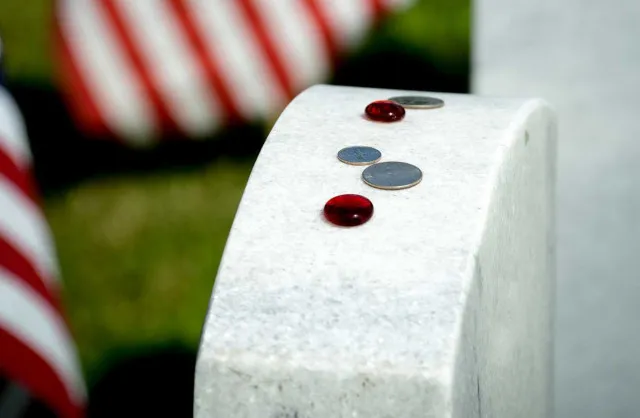
The practice of placing coins on gravestones is not new.
It has been around for centuries and is seen in various cultures.
One of the earliest instances of this custom can be traced back to ancient Greece.
The Greeks believed that when a person died, their soul needed to cross the River Styx to reach the afterlife.
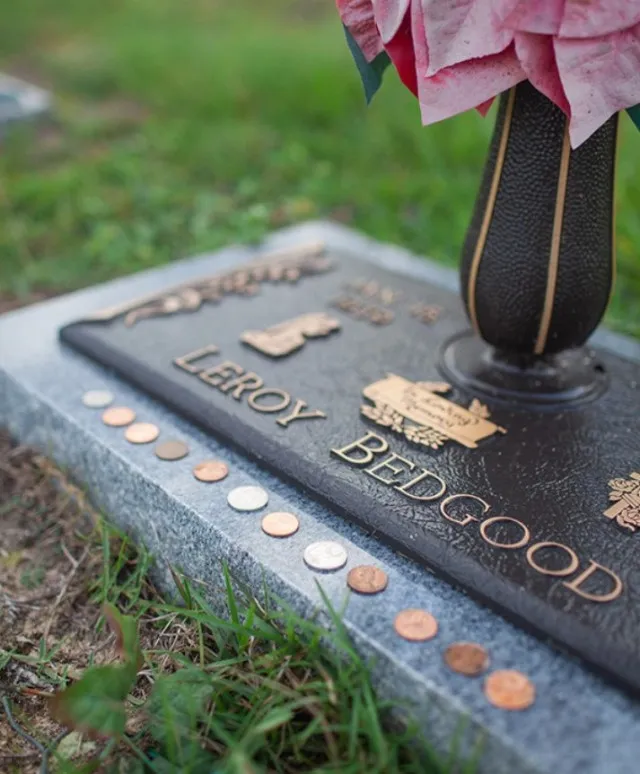
People placed a coin, known as an obol, in the mouth or on the eyes of the deceased as payment to Charon, the ferryman who transported souls across the river.
Without this coin, they believed the soul would wander for eternity.
A form of military tradition
In more recent times, placing coins on gravestones has become a tradition especially associated with military graves.
In the United States, this practice gained popularity during the Vietnam War.
It was a way for comrades to pay their respects to fallen soldiers.
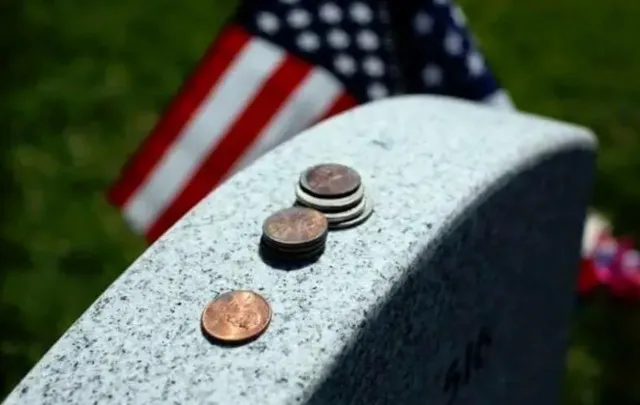
Each type of coin left on a grave holds a different meaning.
A penny signifies that someone has visited the grave.
A nickel indicates that the visitor trained at boot camp with the deceased.
A dime means the visitor served with the deceased in some capacity.
Lastly, a quarter signifies that the visitor was present when the soldier died.
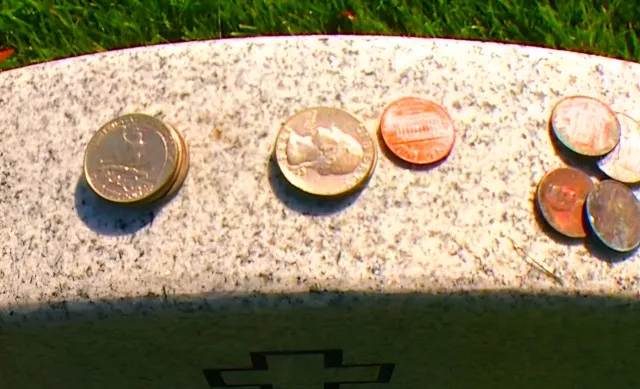
These coins send a silent message to the family of the deceased, showing that they remember and honor their loved one.
Symbolic meanings
Beyond the military, coins on gravestones can hold various symbolic meanings.
For some, it is a way to show respect and remembrance.
The act of leaving a coin can be a small but significant gesture to signify that the deceased has not been forgotten.
It also serves as a form of communication, allowing people to leave a message for the deceased.
For example, in Jewish tradition, it is common to place stones on graves rather than flowers, as stones are more permanent.
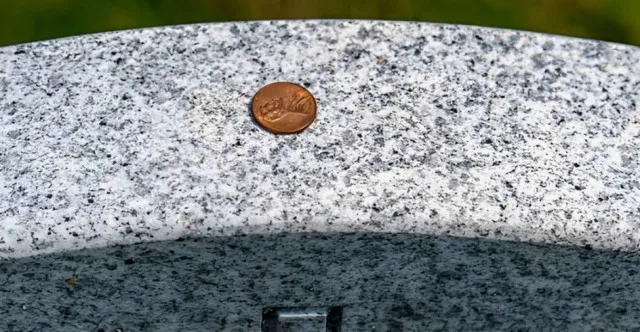
The personal act of leaving coins on gravestones
For many people, leaving a coin on a gravestone is a deeply personal act.
It can be a way to feel connected to a loved one who has passed away.
The coin becomes a token of the visitor’s presence, a physical representation of their thoughts and prayers.
This can provide comfort and solace to those who are grieving, knowing that they have left a part of themselves at the grave.
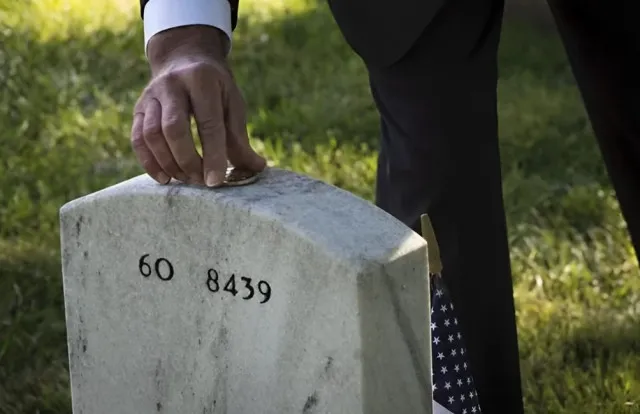
Today, this tradition continues in many parts of the world.
Although the specific meanings of the coins can vary, the underlying sentiment remains the same.
Additionally, in some cultures, people leave other small items along with or instead of coins, such as flowers, stones, or personal mementos.